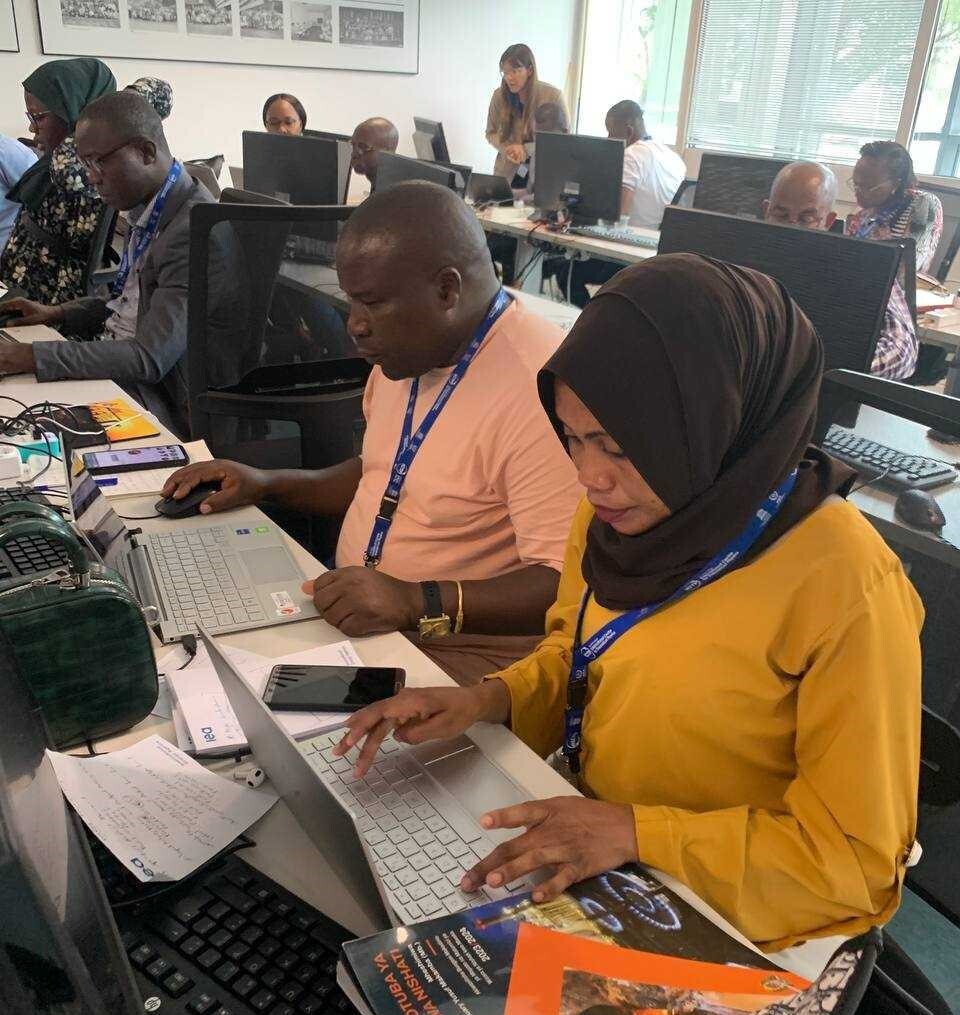‘Summer School’ in Trieste – week one proves huge success
Our latest ‘Summer School’, which runs 3–13 July in Trieste, is producing so many benefits for over 100 participants from around the world including Nigeria, Malawi, Rwanda, Madagascar, Kenya, and Ghana.
Many leading organisations are contributing alongside us including Sustainable Energy for All (SEforALL), the International Energy Agency (IEA), The World Bank and KTH Royal Institute of Technology, who are exploring Geographic Information System (GIS)-based planning. GIS is a vital component of our approach to sustainable/clean energy development. The Summer School is hosted by the Abdus Salam International Centre for Theoretical Physics.
In partnership with SEforALL we are using the Open-Source Spatial Electrification Tool (OnSSET) and the Global Electrification Platform. We are also providing training in the energy modelling tools OSeMOSYS, MAED, and FlexTool. By enhancing the skills of energy and policy professionals from the Global South, we empower them to create scenarios that can be used in decision making and the creation of business cases to attract global investment.

The feedback from our participants is always excellent in terms of the value they get from the training. They also have a unique opportunity to network with other like-minded professionals and contribute to discussions on related issues; so many factors come into play when discussing the benefits of sustainable development and clean energy which facilitate things like improved health provision, education, business development, mobility, and so on. For example, one training track is focusing on improving clean cooking access planning using the OnStove modelling tool.
This time, we have been particularly pleased to see a special focus on women and youth through SEforALL’s STEM Training Programme.
We have also been working on a Data-to-Deal (D2D) pipeline, which involves collecting data, designing systems, and analysing the financial aspects of energy projects (read more about D2D here). For financial analysis, we are using the International Atomic Energy Agency (IAEA) FINPLAN tool. The IAEA recently granted CCG access to its modelling tools as they realised that they could reach more people this way.
Watch this space for more updates soon.